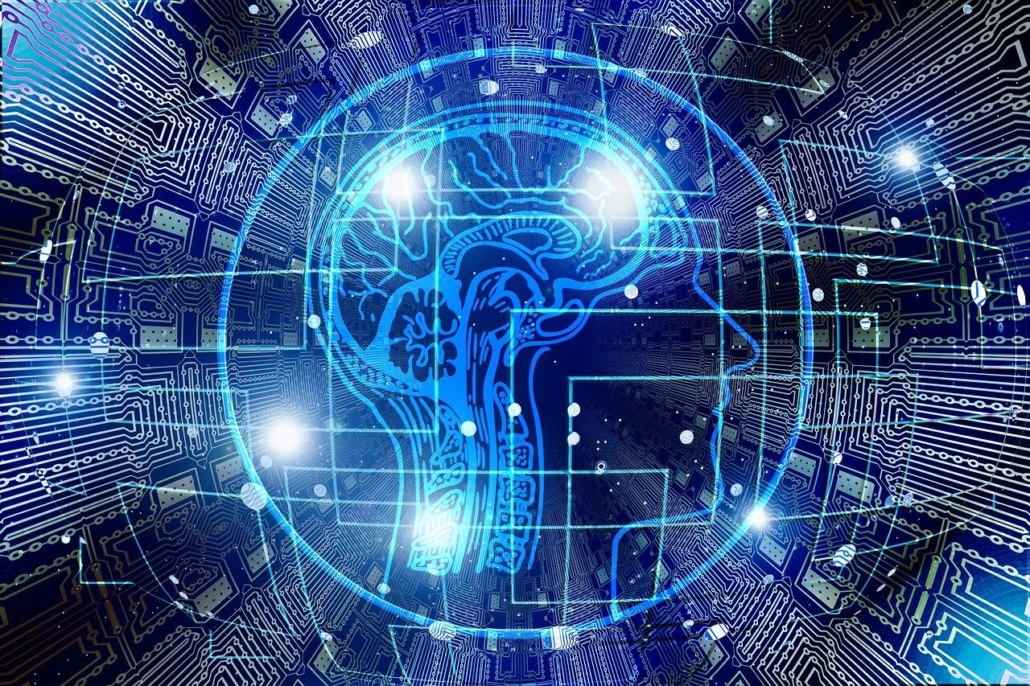
AI predicts mutations underlying neurological diseases
Using data from more than 20,000 patients with neurological diseases, researchers have established an algorithm that predicts whether mutations in ion channels will cause disease.
The approach of the team from Luxemburg, the UK and the US, identifies the impact of mutations that affect gene activity in voltage-gated sodium and calcium channel genes. These channels have an impact on various neurological and heart disorders, ranging from autism spectrum disorder to cardiac muscle diseases.
Current experimental approaches to examine how these mutations affect ion channels are labor-intensive and can only study a few variations at a time. Henrike Heyne and colleagues developed a machine learning model that can predict how a larger array of channel variants lead to the phenotypes seen in patients. Instead of solely classifying mutations by whether they cause disease, the method also discerns the effects of gain-of-function versus loss-of-function mutations.
When applied to genetic data from 21,703 cases and 128,957 controls, the platform successfully predicted whether diseases such as episodic ataxia and epilepsy were caused by such variants, yielding results that matched with experiments based on molecular techniques. As a next step, the authors say that their method should be validated in individuals with milder diseases, who may harbour channel variants with less pronounced effects.




